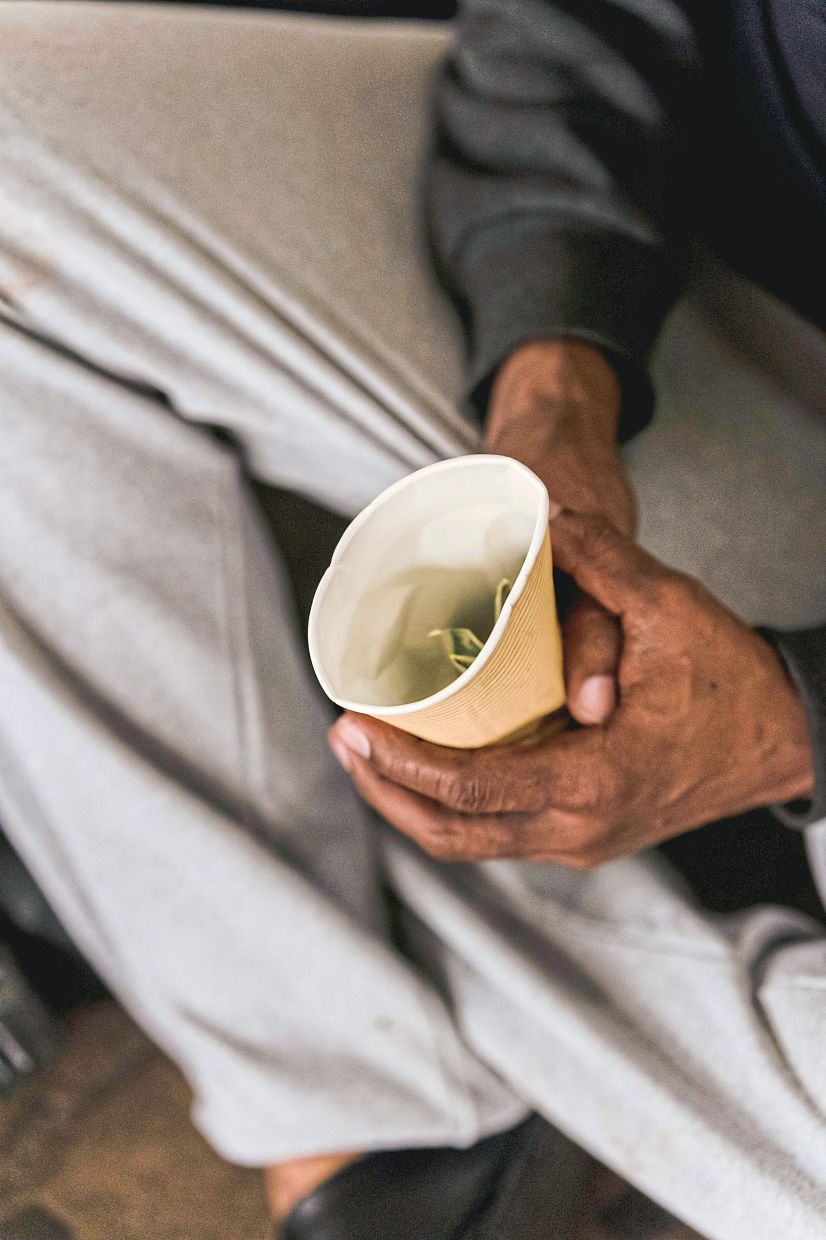The Indonesian movie Bila Esok Ibu Tiada directed by Rudi Soedjarwo (now showing on Netflix) is disturbing as much as it is a wake-up call. People of my generation have every reason to be concerned, humbled and haunted by the story.
Led by two of the best-known personalities in Indonesian cinema today – Christine Hakim and Slamet Rahardjo – it also features Adinia Wirasti, Fedi Nuril, Amanda Manopo, Yasmin Napper and Baim Wong, among others.
The movie is a frank portrayal of the fragile bond between a lonely mother and her four grown-up children.
It’s hard to blame the children for neglecting Rahmi (portrayed with quiet restraint, yet deeply moving emotion by Christine), a mother who feels adrift and without a sense of purpose after losing her husband Haryo (Slamet).
The children are all working hard to chase their dreams. Ranika (Adinia), the eldest, is juggling her career while trying to keep the family united and care for their mother at the same time. The children, for their part, assumed that their mother was “baik-baik saja” (doing just fine).
Rahmi could have easily ended up like many others who are less fortunate – either in a nursing home or, worse, wandering the streets of Jakarta. Thankfully, she comes from a middle-class family where money isn’t a concern. But the real struggle lies in the emotional neglect she feels.
Images of elderly people queuing for food in the streets of Kuala Lumpur flashed in my mind.
One senior citizen I had interviewed before once shared that although she has a brother, he was preoccupied with his own family. Her story is just one of many – children who are too busy to care for their ageing parents, siblings who are unwilling to take them in, seniors who are unable to afford a decent place to live, and some who choose the streets over a nursing home.
They are not merely statistics in the urban narratives of our sprawling cities. They are humans, real and living. They were once leading “normal” lives: Some used to be working, with reasonably successful careers even.

The poverty trap
Over the years, more and more seniors have found themselves trapped in poverty. While there’s been much debate about why seniors should save, the reality is that many simply don’t have enough to set aside.
Most people do not have pensions. EPF and gratuity money can deplete fast. But there are millions of others who do not have pensions or savings in EPF.
I know many friends who are facing dire consequences because of the lack of savings for their old age; some are former journalists. Others are faced with still- unpaid mortgages, a few are struggling to pay the bills. Many need to work to support themselves even at an old age.
But we are not an elderly-friendly nation when it comes to hiring practices.
While it is true that in 2023, nearly half a million Malaysians aged 60 to 64 were still working, the number of ageing people needing work is growing exponentially.
We can’t cater for all of them at the expense of a younger crop of workers entering the job market.
Most children, like the ones in Bila Esok Ibu Tiada, assume that their ageing parents can manage. For some, even if they knew of their parents’ predicament, they chose to close one eye. Their parents’ problems are not theirs, after all.
To be fair many are struggling themselves.
Silent struggles
In old age, pride often keeps seniors from asking for help. Like Rahmi in the movie, many would rather suffer in silence than burden their children. While Rahmi’s struggles are more emotional and psychological than financial, for many seniors, a lack of money means no peace; and without peace, there’s no happiness.
It reminds me of my former house helper who once said in jest, “Kita boleh jaga lapan orang anak, tapi lapan orang anak belum tentu boleh jaga kita.” (We can take care of eight children but we can’t guarantee our eight children can take care of us).
His words proved prophetic as he ended up dying alone.
At a recent forum, a former minister stressed the importance of being thrifty and maintaining good savings while still working. Well, he need not worry. His future is somewhat assured with his pension as a minister and Member of Parliament.
However, we must worry about Malaysia becoming an aged nation which will happen sooner rather than later. According to the Department of Statistics Malaysia (DSOM), over 17% of our population will be 60 and over by 2040. We are talking about at least 6.4 million people, slightly more than the population of Singapore.
By 2057, Malaysia will reach a “super-aged society” with more than 20% of our people projected to be over 60.
We, as a nation, have to deal with this problem. Life expectancy has increased, yet fertility rate among the young is falling. The dramatic change in demographics is affecting us already.
Our policy on the elderly needs rethinking. We need to consider shifts in age demographics to effectively plan for the future.
Most important is to ensure the functional capacity and the financial health of our warga emas. While there is an urgency to create an “age-friendly” society, we must also equip ourselves with tools and methods to promote social engagement and to prevent social detachment among older people.
We need a more caring policy for the elderly. Let Rahmi be just a character in a movie.
The writer himself is 71. He is an avid trekker and climber. He celebrated his 70th birthday on the peak of one of the highest mountains in Bali, Indonesia.





